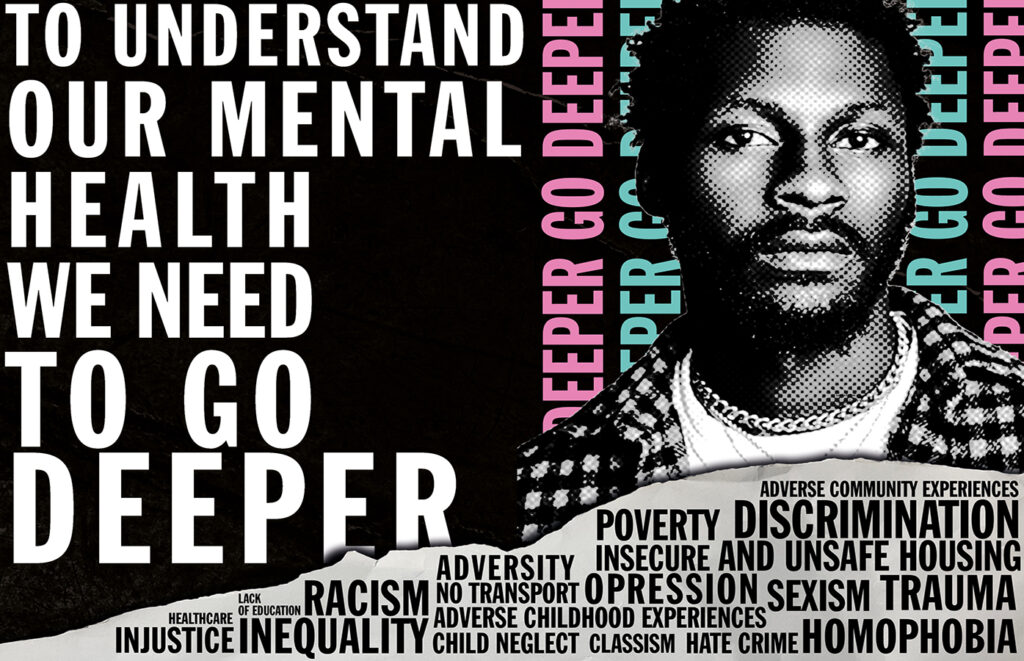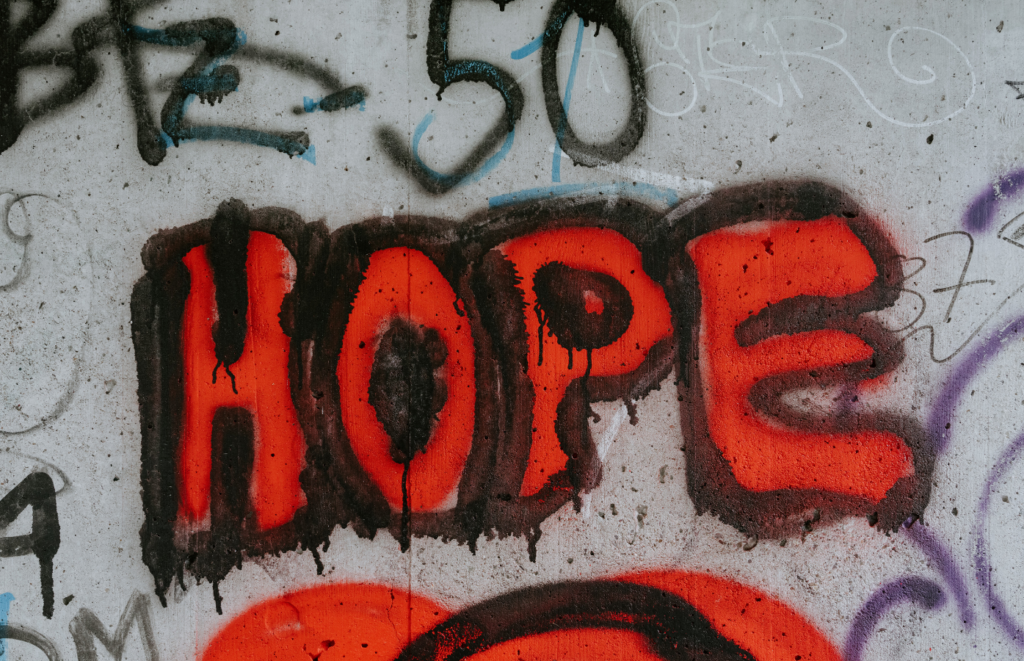Our hope is in each other: a connection-and-community response to funding cuts

The news this week that the Welsh Government needs to find significant savings from their budget will have landed with dread with many people across Wales. It is a distressing and difficult situation, with no perfect answer, and no good or simple solutions.
What is clear is more cuts will deepen the cost to our mental and physical health here in Wales, with lasting impacts for generations to come. We know the vicious cycle that plays out: poor physical and mental health leads to reduced opportunity, which leads to poverty, which leads to poorer physical and mental health.
These are the human and financial costs being stored up for the future – costs that we in Wales have endured many times before. We must not shy away from the distress caused because it is too overwhelming and painful. Lives will and have been cut short. We must not let party political needs lead to short-termism or reductive solutions that will perpetuate problems which will do little to help people and their families.
It could be very tempting to see the impact of cuts as just numbers. That’s a protective impulse; we want to shield our view from the reality of the harm, pain and despair caused by decades of cuts, worsened further by COVID and the cost of living crisis.
This situation does not create good conditions for system change. These additional cuts will further erode our structural, relational and psychological capacity for transformational systemic change. It will create more toxicity within our already vulnerability and broken systems.
This will have an impact not only on the people we serve but, on the adversity, and toxic stress our workforce is exposed to as well. A chicken and egg situation that, collectively, we need to find a way out of.
Breaking the cycle: we need stronger community foundations
Too much of our resource is drawn into picking up the pieces of lives society has shattered – rather than stopping that happening in the first place.
In our manifesto [LINK], we proposed a third ‘Futures’ budget line, ringfencing money for preventing problems that put pressure on healthcare systems to begin with, and creating the conditions for healthier communities without the need to spend more on temporary ‘fixes.’ These initiatives are often the first to go, but are actually the most important in addressing the root cause of these problems.
Protecting funding for these initiatives will bring our focus to community and society-level causes of distress. The recent cutting of school meal funding by the Welsh government is an example of this: putting financial burdens back on families, which will create more problems and greater costs in the long run. We must break this cycle.
Any discussions and decisions on government spending need to be based on a simple principle: investing in communities, in opportunities, and in preventative mental health support will save lives and money in the long term.
Our challenge and our hope: finding a collective response
We believe that the Welsh Government will not be making the decision to cut public services lightly, and there will be a huge burden of guilt and shame that will be felt across the Senedd. And it will be easy to look back later and point the finger of blame, as a way of coping with the pain that these cuts will cause. But blame and accountability are not the same thing. Blame comes from pain and frustration. It is inverse to accountability.
And, to some extent, we all have some accountability here. At Platfform, from our trauma-informed viewpoint, we can see we have a duty to speak up and raise caution about making decisions through a narrow and purely financial lens. We must create space for the complexity and raw human emotion that politics too often rationalises away (or leans into in an unhealthy way!). This is true for the people suffering the most – but also for the politicians making the impossibly hard calls, and for those us of calling for change. We are all human.
As public and voluntary sector organisations we will all need to work hard to avoid retreating into our silos, shouting for funding and attacking each other to better our own position. There is no time for placing blame and creating further divides. Attacking each other does nothing at all for the people we serve.
Our power will be in checking our responses, acting from a trauma informed position, and staying connected with each other and the communities around us. It will be our challenge but also be our hope. Healing happens in connection.
To help with this we would like our politicians to be brave, compassionate and transparent. We ask them to actively reach out to the people of Wales and involve communities in decisions, and share the reasons behind them, rather than taking the easier, less emotionally risky route of hiding behind budget dates, percentages, inflation calculation, and other impenetrable structures that only put barriers between communities and politicians.
As these cuts are implemented, we believe Welsh Government should consider the following:
- Opportunities for real long-term change should be explored. Create a ‘Futures’ budget line and protect preventative services. Consider using tax-raising powers to build revenue to make focused investments in key areas – to run a “dual-track” system in some sectors to deliver crisis spend alongside preventative spend. We must redress the balance of funding to preventative rather than reactive responses – otherwise we will never have enough funding, and spending will continue to spiral.
- Make commissioning practices people-focused. There will be longer term cost-saving through services not using competition and cost volume approaches. This is one way of making less money go further.
- Update key strategies to take cuts into account. New Welsh Government strategies for example child poverty, mental health, and others, regardless of their stage of development, should be updated to take into account the impact of cuts.
- Existing funds should be identified that provide support for communities and people on the margins of society. To ensure that these communities do not continue to feel the effects of cuts disproportionately, these funds should be protected.
- Everything should be on the table for new thinking. Not for further cuts, but for thinking differently about how we run services and shape our future as a country. Ideas such as reshaping our entire commissioning and procurement environment, raising taxes, devolving power and money to local communities, and more, should all be explored.
- All Welsh politicians should work together and not play the easier blame games, and we should find ways forward that do not reduce the debate to an unhelpful clash – it is the harder thing to do, especially so close to an election cycle.
The Welsh Government should be leading a national conversation about these cuts – not just asking the Cabinet to go back to identifying savings. We need to listen to all our communities – we need to ask “what’s matter to you?”, and we need to be prepared to hear the answer.
The Welsh Government has difficult choices ahead, but we need to keep focusing on communities, building connections and relationships and not retreat from the hard feelings and shame.


